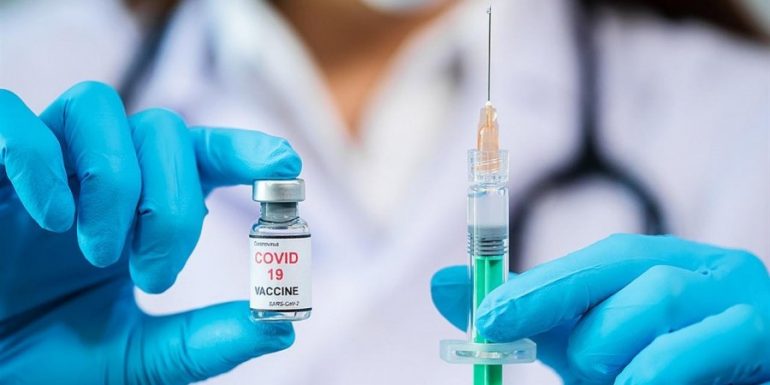It has not been proven that the low platelet thromboembolic episode in relation to the case of the 39-year-old is related to the vaccination, the Ministry of Health stressed on Monday, which clarifies that thromboembolic events occur in the general population without vaccination.
In a statement, the relevant Ministry notes that the report of the incident has been submitted to Coreper and is being considered along with other similar suspicious cases from all over Europe, noting that with the increase in the number of vaccinations the chances of seeing rare side effects from all Vaccines are bigger and we all need to be prepared for that.
As he adds "there is no drug or vaccine without side effects", adding that even the simplest drug has side effects, expected or unexpected.
"Vigilance is needed by all to report and manage suspected known or unknown adverse reactions and to effectively implement risk minimization measures. "The reporting of side effects is strongly encouraged by completing the yellow card and sending it to the Pharmaceutical Services", the Ministry states.
In addition, it clarifies that all health professionals (personal physicians, physicians, health professionals of vaccination centers, hematologists, health professionals in First Aid and all members of the Pancyprian Medical Association) have been repeatedly informed about the relevant training materials or related / and thrombocytopenia, while noting that all doctors through the PIS had been sent an electronic link for easy access to the officially approved clinical and prescription features of all four vaccines.
He also mentions that the Pharmaceutical Services has a call center (22608607) regarding the provision of advice for the reporting of possible / suspected side effects of vaccines.
Vaccination is completed only after the 2nd dose
According to the Ministry of Health, Cyprus belongs to the category of high-risk countries, emphasizing that "despite the improved picture in recent days regarding the number of cases, the reduction of hospitalizations and deaths, nevertheless the risk of disease COVID-19 still exists ".
"Vaccination," he explains, "is completed by providing maximum effectiveness and protection only after the administration of the second dose. "Evidence from the United Kingdom confirms the need for a second dose to treat the Indian strain, which is spreading rapidly."
He also said that vaccination should be continued with the same vigor, in order to gain immunity and shield the population and reduce the spread of the virus in the community, taking into account the rapid spread of the Indian mutation.
He points out that already in the United Kingdom, due to the increased presence of the Indian strain, the time period between the 1st and 2nd dose changes and the administration of the 2nd dose of AstraZeneca vaccines is accelerated, reducing (from 12 weeks to 8) and Pfizer / BioNTech (between 3 weeks and 12), with priority vulnerable and over 50, in order to limit the spread of Indian mutation in the country (https://www.gov.uk/government/news/most-vulnerable-offered- second-dose-of-covid-19-vaccine-earlier-to-help-protect-against-variants).
In the meantime, he reminds that Cyprus provides the right to choose a vaccine that no other country inside and outside the EU provides, adding that "we have already reached the ages and we are giving a second chance again through the Portal to arrange an appointment with its vaccine of their choice ".
